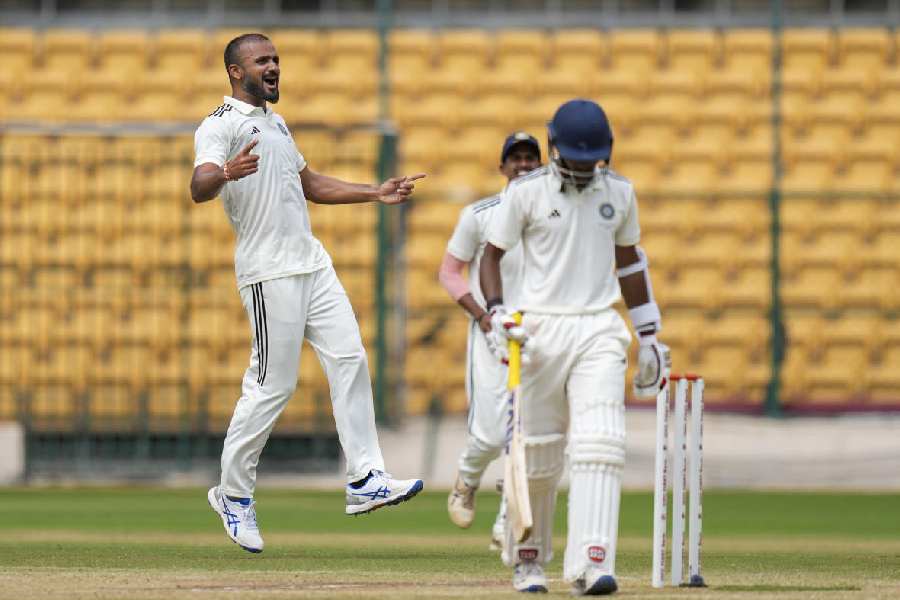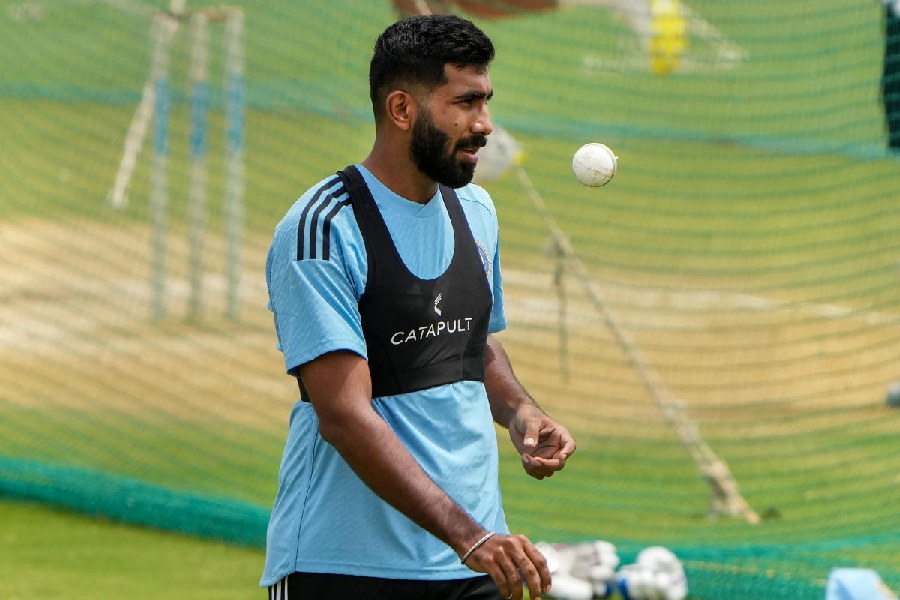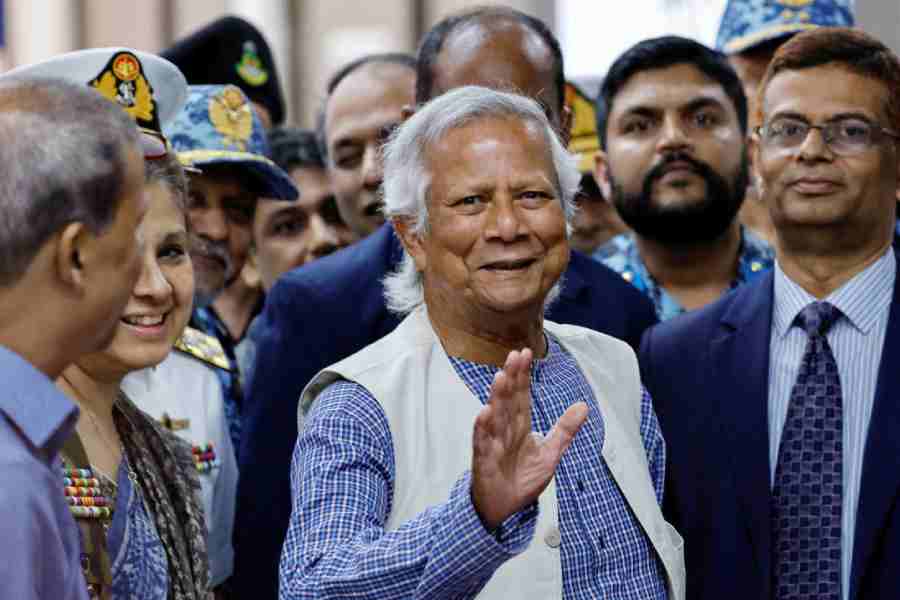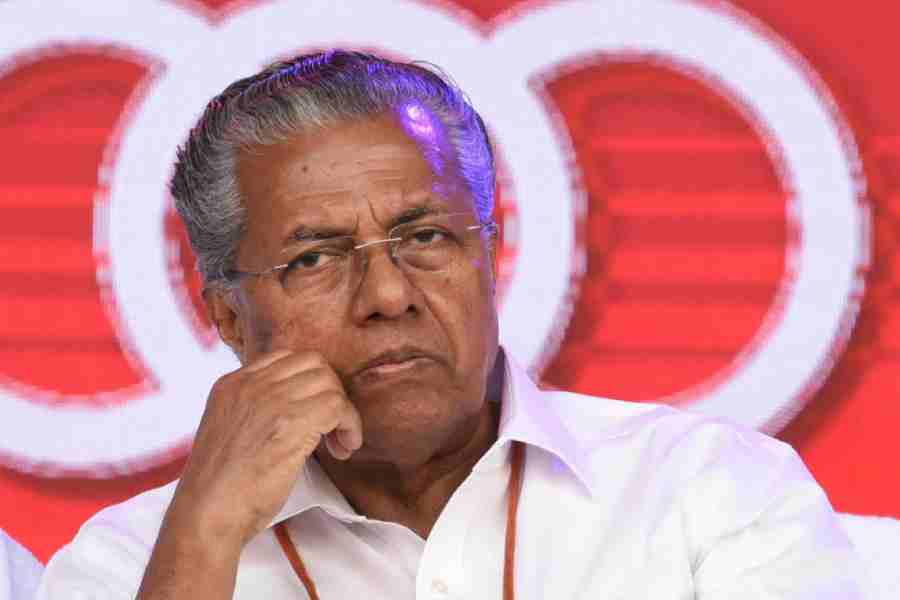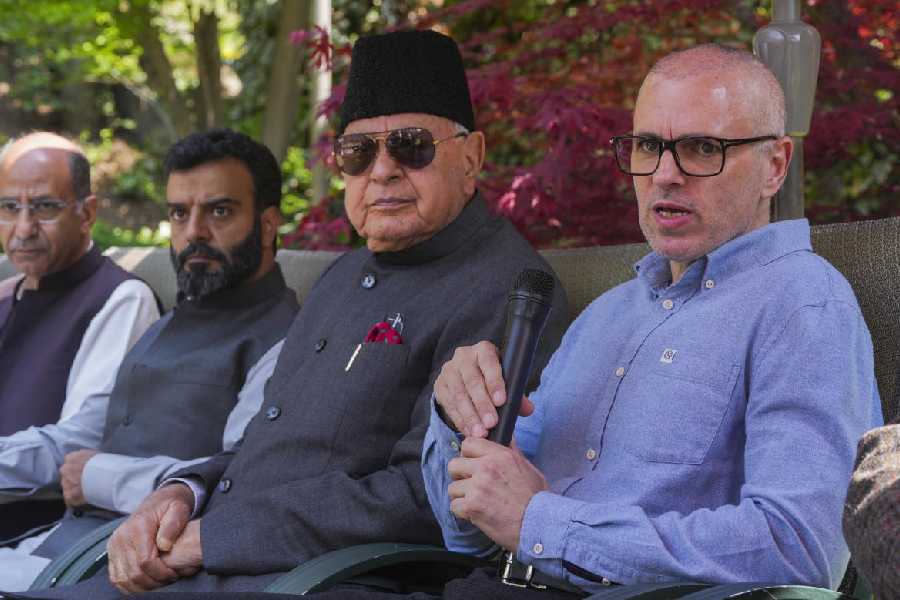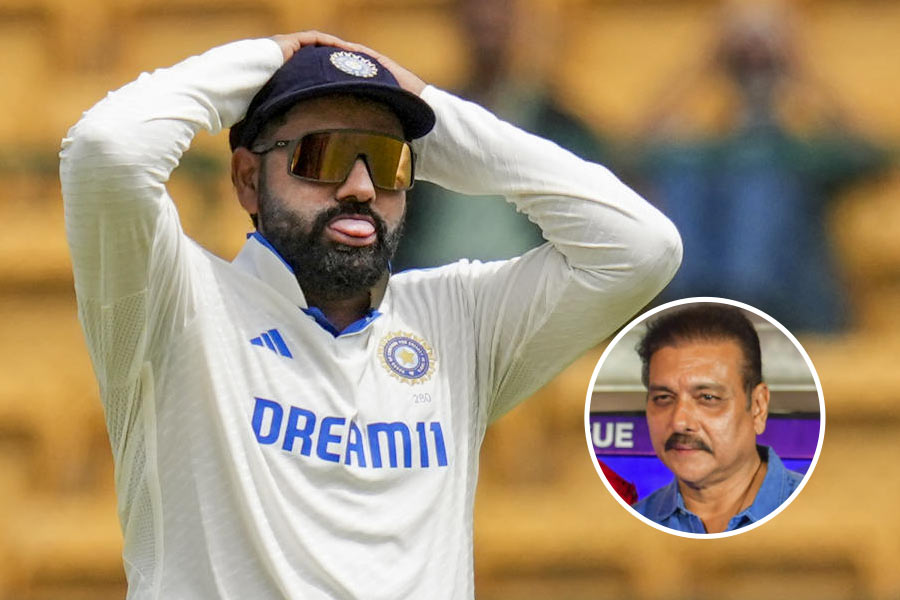The fourth pacer’s slot in Team India is up for grabs. Jasprit Bumrah, Mohammed Siraj and Mohammed Shami — once he is fit — are certainties. But for that fourth spot, there are several contenders and the competition is expected to be intense.
But Akash Deep, one of the suitors for that slot, doesn’t consider competition to be a headache. He says he’s in a race of his own.
Impressive performances in red-ball cricket earned the Bengal quick a Test debut against England in February and now a place in the 16-member squad for the first Test versus Bangladesh in Chennai. The 27-year-old comes across as mature enough to evaluate the situation and understand what works best for him.
“I don’t see myself in any kind of competition whatsoever. It’s about being the best version of myself. If I think of how I can keep improving, the result will always be positive. Instead, if we keep seeing others as our competitors, the focus on working on our strengths gets distracted.
“All of us are different, so I never think of becoming like anyone else. I just want to keep doing my best and the rest will take care of itself,” Akash told The Telegraph from Bengaluru on Tuesday.
“Even during my club cricket days, I never used to distract my mind by thinking about playing for Bengal. Then when I played the Ranji Trophy, I would never stuff my mind with thoughts of wearing the India cap, because that puts extra pressure on self.”
The Australia tour isn’t on Akash’s mind at present. But given his progress and also the kind of deliveries he bowled in his match-haul of nine wickets in the first round of the ongoing Duleep Trophy, it certainly bodes well for Akash in terms of getting a ticket for the Tests Down Under beginning in November.
“Itna lamba sochta nahi hoon (I don’t think too far). There’s still some time left for the Australia series, who knows what’s going to happen then? Planning too early means extra pressure.
“The focus is now on the Bangladesh series and how I can contribute to help my team win. There’s the New Zealand series after this. So, I’m only concentrating on the basics that I follow, since they are the only aspects in my control,” Akash said.
Alongside more than 10 other fast bowlers, Akash had undergone a systematic training pattern at the National Cricket Academy (NCA) in Bengaluru in July and August. Fitness aside, working on sharpening his skills and bowling long spells (something he has done often for Bengal in Ranji) were part of his routine, with the coaches there monitoring his progress.
“Bowling long spells is of massive importance. I learnt that while playing for Bengal. Even in club cricket there, I used to bowl long spells, which has helped.
“In other words, my mindset has become stronger while bowling for Bengal. We all know that at one stage, cricket is all about how strong you are mentally,” Akash emphasised.
The away-going delivery, with which he had castled Nitish Kumar Reddy in the Duleep game, also appears to be a part of Akash’s arsenal now as he no longer has to rely excessively on inswingers and in-cutters. “I’m working on it (away-going ball) pretty much. Moving the ball both ways makes it easy for us.
“Besides, the main thing is having clarity about what to bowl and when. Having more skills and options leads to clarity and helps avoid confusion,” Akash said.
Akash will be reaching Chennai on Thursday for the first Test beginning on September 19. He’s certainly looking forward to meeting Morne Morkel, India’s bowling coach and distinguished former South Africa quick.
“I need to see first what he thinks about his inputs for me... Will then see if they
suit me and can help me to improve. At this stage, fine-tuning and learning small things matter.”
Play through pain
Injuries are part and parcel of a quick’s life. This speedster, though, is ready to brave all the pain and play through them. And he has even trained accordingly.
“Some injuries are unmanageable, but some can be managed. Pain leke bhi khelna padega agar aap ne fast bowling choose kiya ho (You even have to play through pain if you choose fast bowling).
“My experience says that in eight matches out of 10 a year, I have to play with pain, and it’s something you get used to. I played three games with dengue during the Bengal Pro T20 League (in June). I knew I was running a temperature, but I thought when I had to play throughout the year, I needed to carry on despite the fever.
“Playing despite fever was something I was practising in case I had to do so in future.”

